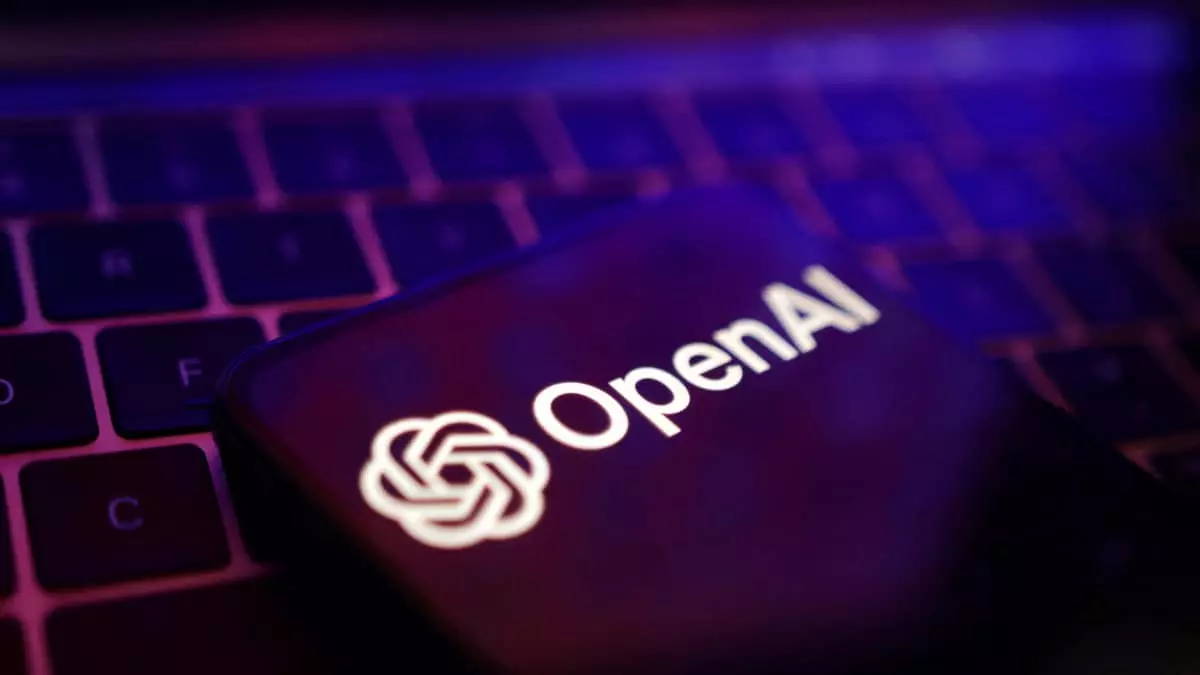As technology progresses, the ethical and legal dilemmas surrounding artificial intelligence (AI) continue to escalate. One of the most recent and notable cases involves five Canadian news media organizations that have filed a lawsuit against OpenAI, the owner of the popular AI platform ChatGPT. This legal action raises essential questions about copyright, fair use, and the implications for journalism in the digital age.
The plaintiffs—Torstar, Postmedia, The Globe and Mail, The Canadian Press, and CBC/Radio-Canada—accuse OpenAI of systematic infringement against their copyright and terms of use. These companies argue that the AI firm has been utilizing their journalistic content without permission or compensation. At its core, this lawsuit exemplifies a growing concern among media companies regarding the practices of AI systems that rely on extensive datasets for training purposes. The essence of journalism is rooted in public interest, which makes this alleged appropriation by OpenAI particularly contentious.
The legal documents highlight how OpenAI has engaged in what they describe as “brazen misappropriation.” By extracting valuable intellectual property from news organizations without consent, the firm is accused of undermining the very essence of journalistic integrity and the financial viability of news outlets. This issue is critical, especially as more media companies find themselves grappling with the repercussions of their content being leveraged for commercial gain by tech giants.
This lawsuit forms part of a larger trend in which various stakeholders, including authors and musicians, are challenging AI companies on similar grounds. Just recently, a federal judge in New York dismissed a complaint against OpenAI, further complicating the landscape of copyright law as it pertains to AI-generated content. The legal nuances surrounding fair use and the nature of “publicly available data” are evolving and remain a hotbed for legal disputes.
In their defense, OpenAI asserts that it operates within the boundaries of fair use laws and seeks to maintain cooperative relationships with news publishers. The company claims it provides attribution and links to essential news media content when applicable, implying a sense of goodwill towards content creators. However, this defense does little to assuage the concerns of the plaintiffs, who maintain that no compensation has ever been exchanged for the utilization of their work.
Additionally, the influence of industry titans like Microsoft cannot be ignored. As a significant investor in OpenAI, Microsoft’s involvement adds complexity to the situation. Recently, Elon Musk expanded the scope of litigation against OpenAI to include Microsoft, alleging illegal monopolistic behaviors in the technology sector. This underscores how intertwined corporate interests can complicate matters of intellectual property and competition in fast-evolving tech markets.
As this lawsuit unfolds, it serves as a critical juncture in the evolving relationship between journalism and artificial intelligence. The outcome will likely have far-reaching implications for the responsibilities of AI companies and their ethical use of copyrighted material. Moreover, it will influence how media firms adapt to protect their intellectual property in an era increasingly dominated by advanced technology. Ultimately, the balance between innovation and the protection of creative rights remains at the forefront of this ongoing legal dialogue.


Leave a Reply